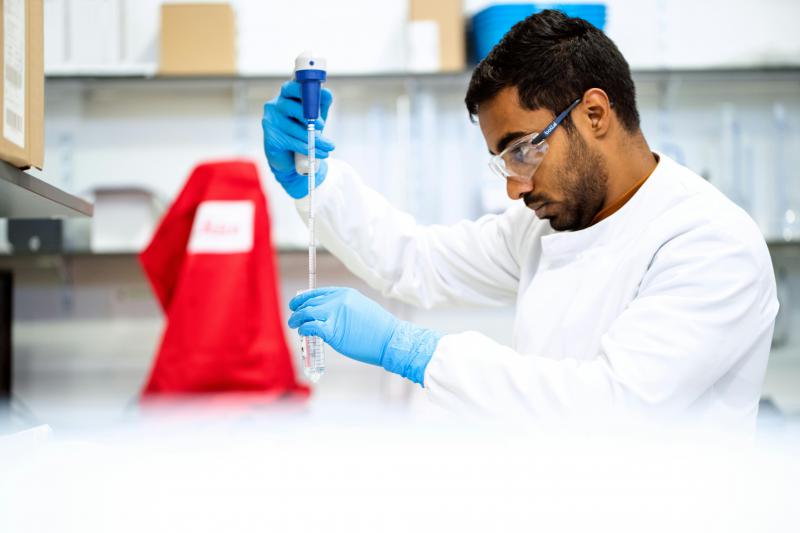
Correct Interpretation of Laboratory Reports: A Roadmap for Clients
Correct Interpretation of Laboratory Reports: A Roadmap for Clients
Contents
Laboratory reports are essential tools for assessing whether a product or sample meets required quality and safety standards. However, interpreting a report merely as numbers can cause significant misunderstandings. So, how can consulting clients properly assess reports from a test laboratory?
Laboratory Services: What’s Included?
TTS Laboratory offers a comprehensive range of services:
- LIMS (Laboratory Information Management System): Full digital management of laboratory operations.
- Sample Management System: Optimized tracking and analysis of samples.
- Project Development: Designing custom testing and analysis projects.
- Training and Consultancy: Providing expert support and training for lab operations.
- Logistics and Supply: Managing sample collection and supply chain logistics.
What to Consider When Reviewing Laboratory Results?
1. Understand the Reference Ranges
Each test has its own specific reference range. If results fall outside these ranges, professional advice is crucial.
2. Check Methodology and Standards
Which standards were followed? Were ISO, ASTM, or similar international norms applied? Always verify this information.
3. Analyze Measurement Uncertainty and Error Margins
Understanding the limits of measurement uncertainty ensures more informed decisions.
4. Interpret Results Based on Purpose
In food analysis, for instance, an out-of-spec value could imply either product rejection or necessary improvements depending on the context.
How to Make the Best Use of Your Laboratory Reports?
- Highlight important sections and seek expert interpretation for unclear areas.
- Plan additional tests for verification.
- Integrate findings into your internal quality processes.
A laboratory report is more than just a document—it’s a strategic guide for your operations. When partnering with a test laboratory, focus not only on the results but on understanding their full implications to drive better business outcomes.
Frequently Asked Questions
Why are laboratory reports important?
They are critical for verifying quality, safety, and regulatory compliance of products.
What should I do if test results are outside the reference range?
Seek consultation with a professional and consider follow-up testing if necessary.
Who should interpret laboratory results?
Laboratory specialists or certified industry professionals should handle interpretation.

